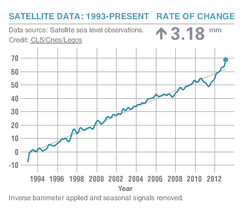
There have been several reports on the extra heat entering the deep oceans which will cause heat expansion and this would be the likely cause.
Most of the melting ice is already in the oceans so although that is a major worry its not likely to have such a immediate effect without it being reported.

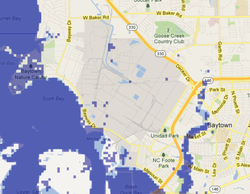
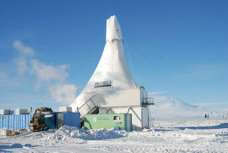
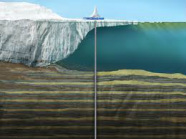
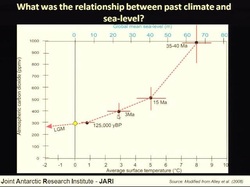
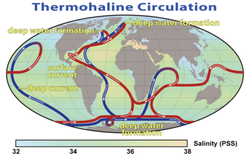
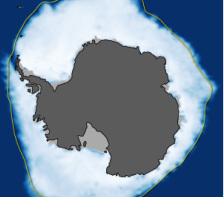

 RSS Feed
RSS Feed